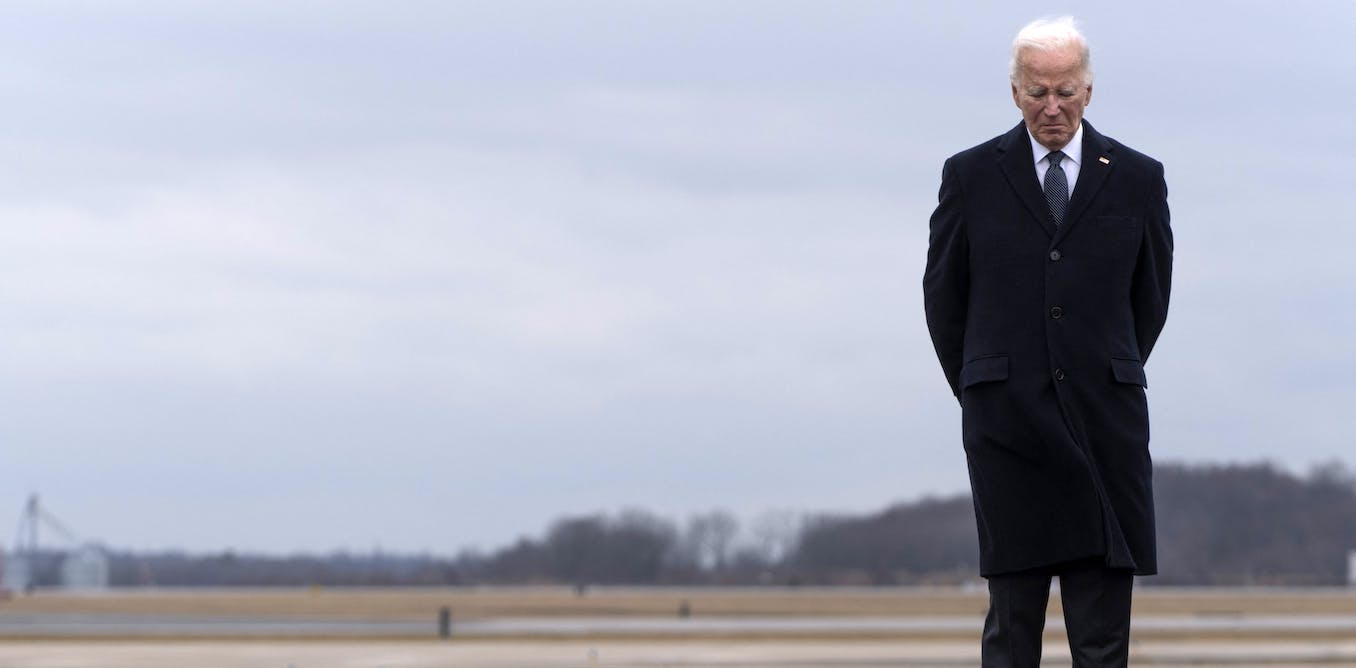The United States launched more than 125 retaliatory strikes against Iranian forces and Iranian-backed militias in Iraq and Syria on February 2, 2024. This was in response to a drone strike that killed three U.S. soldiers and injured 34 others in Jordan on January 28. The strikes targeted 85 locations, including command and control centers, intelligence centers, and munition supply chain facilities. President Joe Biden had previously expressed his desire to avoid escalating the conflict in the Middle East.
There were several factors that likely influenced the timing of the retaliatory strikes. President Biden may have wanted to bring the bodies of the fallen soldiers back to the U.S. and allow for some time to pass for reflection. Additionally, Iran and Iraq had put pressure on some of the proxy groups to wind down their operations, and Iran stated that it did not want a wider war with the U.S. This delay also gave the Iranian soldiers and others time to move out of harm’s way if they wanted to leave the military bases.
Strategically, Biden chose not to strike directly on Iranian territory, despite pressure from some Republicans to do so. Proxy groups have their own interests and may act in ways that are not aligned with their backers. While Iran may want to avoid further escalation, some of these groups may welcome a broader conflict if their goals are more apocalyptic, such as the destruction of Israel.
The retaliatory strikes fulfill the Biden administration’s commitment to respond to the drone strike that killed U.S. soldiers. They are measured enough to avoid significant escalation, but they still weaken the military capabilities of the targeted groups to some extent. It is important to note that these strikes highlight the need for a ceasefire in Gaza, as the proxy forces may lose their rationale for their actions if the conflict in Gaza ends. The Israeli government needs to consider an endgame strategy, such as reforming the Palestinian Authority or establishing a coalition of Arab states, the U.S., and European countries to govern Gaza after the war ends.









